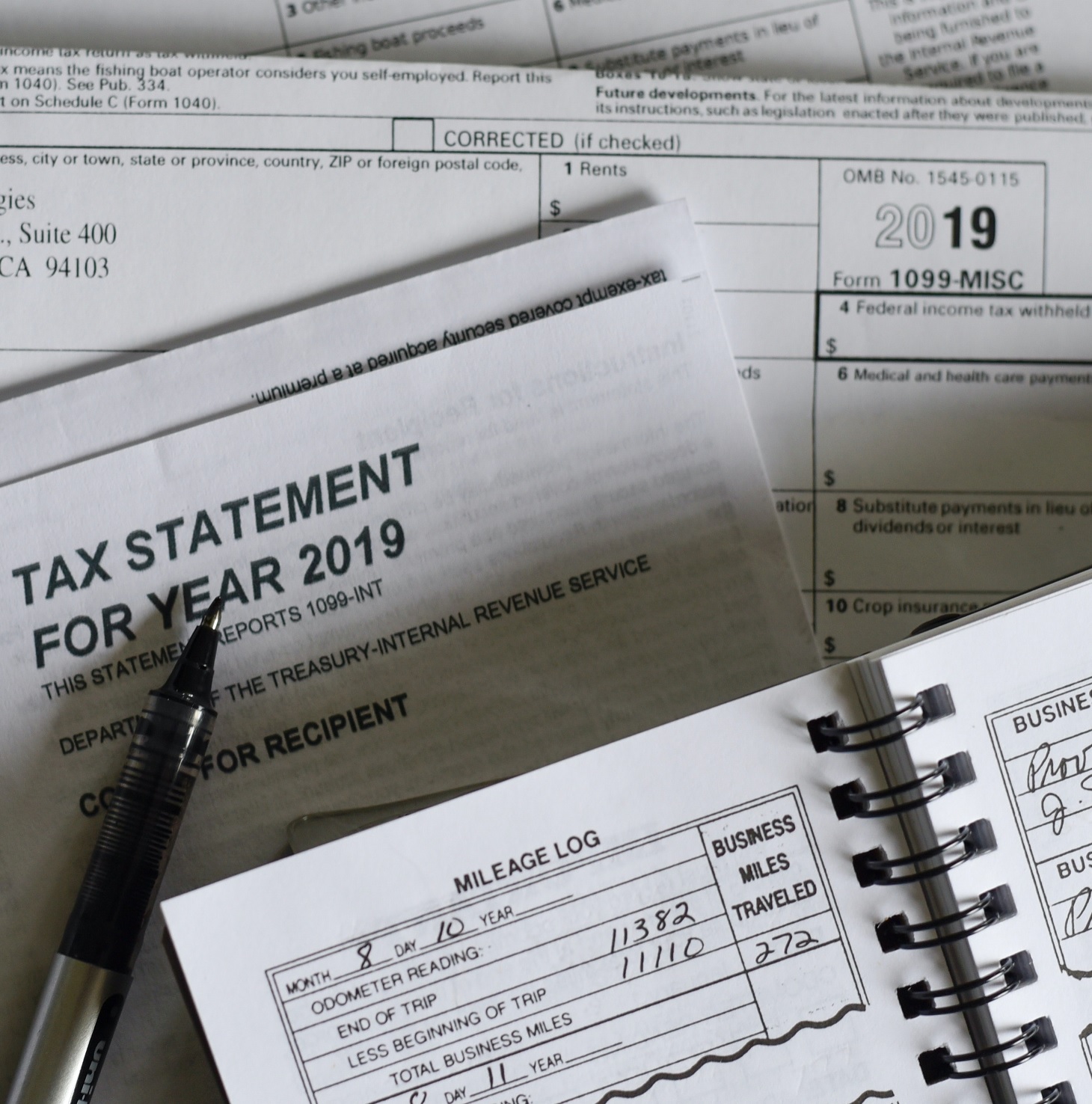

Nudge letters and a failure to notify
We wrote in response to query 20,011 in Taxation magazine where a reader had asked whether tax returns needed to be filed for tax years 2018/19 onward when making a disclosure in relation to those years and whether there was a particular benefit in filing the returns over making a disclosure. The query was on the basis that the disclosure was prompted by a nudge letter from HMRC and there was a failure to notify tax due.
In our experience, HMRC prefer the returns to be filed. The client should therefore apply for a UTR and file returns in the first instance. If making a disclosure, HMRC requires that returns which can be filed are filed anyway and tThe disclosure will not generally be accepted if the returns are outstanding. Also, filing a disclosure rather than completing returns causes confusion at the HMRC end in relation allocation of tax paid under the disclosure route if returns are filed after the disclosure is submitted.
To avoid HMRC raising assessments, taxpayers are advised to respond to the nudge letter explaining that discrepancies have been identified and the client will be resolving matters by filing the relevant self-assessment tax returns.
Non declaration of taxable income is a failure to notify a chargeability to tax and careless behaviour is not relevant to the penalties. A failure to notify is either deliberate or non-deliberate and penalties are mitigated depending on how long it has taken the taxpayer to bring their affairs up to date and whether or not the declaration was prompted by an HMRC intervention.
In the whitespace of the return and in the response to HMRC’s nudge letter, you should set out very clearly the reasons the income was not declared previously, so the correct penalties (if any) are charged. If the behaviour was not deliberate, then this should mitigate the risk of HMRC charging deliberate penalties (between 35% and 70% of the additional tax due) – though we are relying on HMRC reading the whitespace. If nothing else, it gives the taxpayer something to point to if HMRC try and assess on the basis of deliberate behaviour.
Finally, note that where there is a failure to notify, HMRC can go back up to 20 years. HMRC can only go back to 2008/09 and earlier if there was negligent conduct (either of the taxpayer of someone acting on their behalf).
Categories
Recent posts

